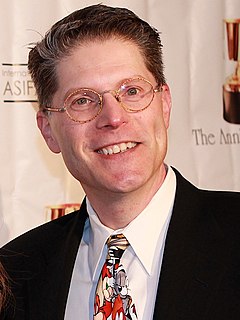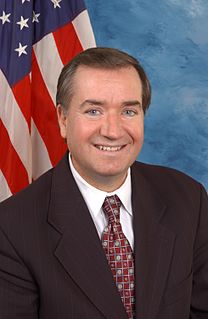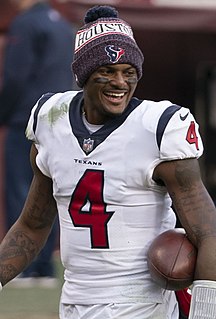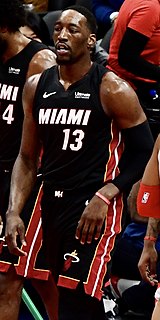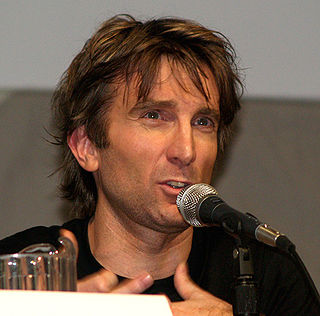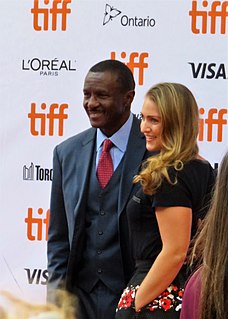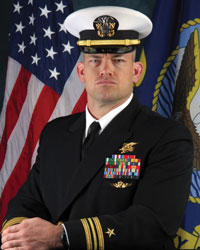A Quote by Bob Bergen
Once you prove yourself, that you're a utility player, they're going to contact you and say, hey, yeah, we need you for a film next Thursday at Fox or Sony or whatever. You kind of get a reputation.
Related Quotes
Once you capitulate to one dictator, does that mean that the next dictator or the next terrorist that says you're not going to make a comedy about - or a film at all about ISIS. All of us in public life have a responsibility right now to speak out and to say, 'No, Sony, you did the wrong thing' and to say to Hollywood, come behind - the other studios should come behind Sony and offer their support.
At first, after my freshman year, it was kind of a joke, going into my sophomore year like, 'Hey, I wanna graduate in three years, two-and-a-half.' And we were just kind of playing with it, added some extra classes in, and then once I finished that following spring going into that next summer, it was just like, 'Hey, I can actually do it.'
One of the things I noticed about the Trump supporters was a lot of projected fear. I can't tell you how many times a conversation went like this: "We've got to stop these immigrants, because it's terrible." I'd say, "Okay, what personally have you observed about this?" And there would be basically nothing in that box. And I'd say, "Where'd you get your information?" thinking they were going to say Fox. But they would always say, "Well, I get my information from all kinds of sources." Fox is kind of center-left to a lot of people now.
If I've got a problem with one of my clients that needs to get solved, guess what I'm going to do? I'm going to call them up, and I'm going to say, 'Hey, here's what's going on. This is the situation. This thing went sideways. I didn't expect it. Now it's going to take me some more time to get you what you need.' But I'm going to do that upfront.
The first thing I say when people ask what's the difference [between doing TV and film], is that film has an ending and TV doesn't. When I write a film, all I think about is where the thing ends and how to get the audience there. And in television, it can't end. You need the audience to return the next week. It kind of shifts the drive of the story. But I find that more as a writer than as a director.
What happened is I was going to college in 1950. L. A. City College. A guy I knew was going to an acting class on Thursday nights. He started telling me about all the good-lookin' chicks and said, "Why don't you go with me?" So I probably had some motivation beyond thoughts of being an actor. And sure enough, he was right. There were a lot of girls and not many guys. I said, "Yeah, they need me here." I wound up at Universal as a contract player.
With Mel [Brooks], only one time and that was later on during "Young Frankenstein" - never with Zero [Mostel] and never with Mel except I was writing every day, and then Mel would come to the house and read what I'd written. And then he'd say, yeah, yeah, yeah, OK, yeah, OK. But we need a villain or we need whatever it was.
